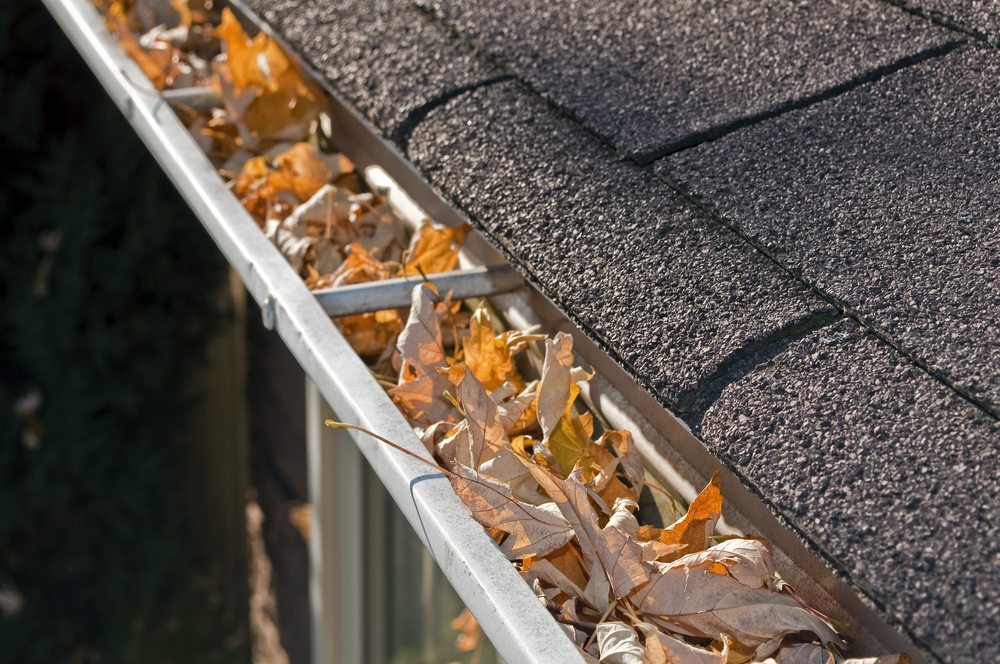Every day the news reveals something more about Zika virus, the mosquito-borne illness that has recently become epidemic in Brazil and the Americas.
Most people who are affected with Zika experience either mild flu-like symptoms or no symptoms at all.
The part that concerns the CDC, WHO, and many people around the world is that Zika has been linked to high rates of infant microcephaly in Brazil (a birth defect resulting in tiny heads) in Brazil and Guillain-Barre Syndrome (an immune-mediated neurologic condition) in Columbia.
How Could It Spread to the U.S.?
So far in the U.S., Zika virus is primarily a concern for travelers to Brazil and other areas where infection rates are highest. Confirmed cases in Puerto Rico and other U.S. territories raise the probability of the virus traveling to other areas of the United States where the main genus of mosquitoes that carry Zika are known to thrive, including Hawaii and the Gulf Coast of the United States.
The mosquitos responsible for most transmissions of Zika virus is the aggressive Aedes aegypti, which is common in the United States only in Florida, along the Gulf Coast and in Hawaii, although it has been known to range as far north as Washington, D.C. These mosquitos normally bite during the day, and are also known to carry yellow fever, dengue, and other tropical fevers.
The other type of mosquito capable of carrying the virus is Aedes albopictus, the Asian tiger mosquito, which can range as far north as New York and Chicago. Theoretically this mosquito is less effective at transmitting the virus to humans, but in there is some suspicion that the virus could evolve to become more easily spread, based on prior epidemics of chikungunya.

An Aedes Aegypti mosquito
What Can We Do to Stop the Spread of Zika?
- As scientist grapple with solutions to the problems associated with Zika virus, we can all help reduce the spread by taking preventive measures.
- Remain indoors as much as possible during peak mosquito hours, and protect yourself with window screens, mosquito nets, and air conditioning.
- Wear protective clothing outdoors, including long sleeves and pants when possible.
- When outdoors, apply mosquito repellent that contains picaridin, oil of lemon-eucalyptus, at least 20 percent DEET, or IR3535, especially near dawn and dusk when mosquitoes are most active.
Eliminate sources of standing water near homes and businesses. Mosquitos live and breed in standing water, which is often present around homes in buckets, planters, birdbaths, puddles, and clogged gutters. Clogged gutters in particular can go undetected if you can’t see the standing water, but it’s possible to proactively protect them from clogging with a product like TruGuard® Gutter Protection.

An exposed, clogged gutter

TruGuard® Gutter Protection
Will Zika virus develop into a large scale issue in the United States? Currently there are no clear predictions. However, whether it’s Zika, or chikungunya, or dengue, it’s clear that a mosquito bite can become more than an annoyance. With protective clothing, repellents, and elimination of mosquito breeding grounds, we can do our best to protect ourselves in our own homes.





